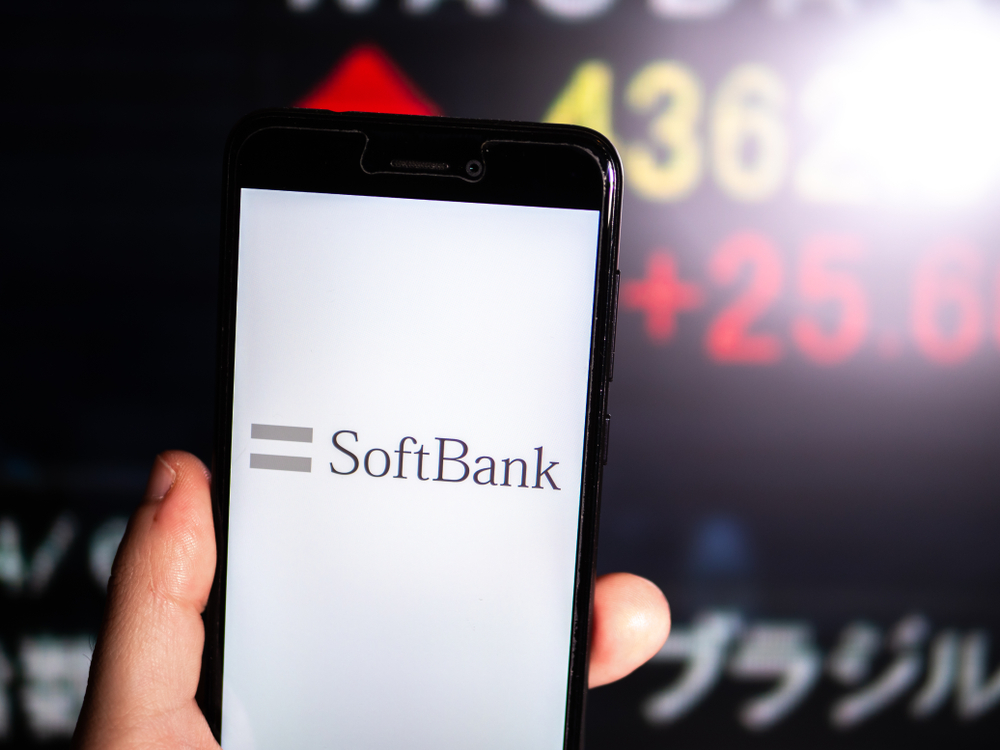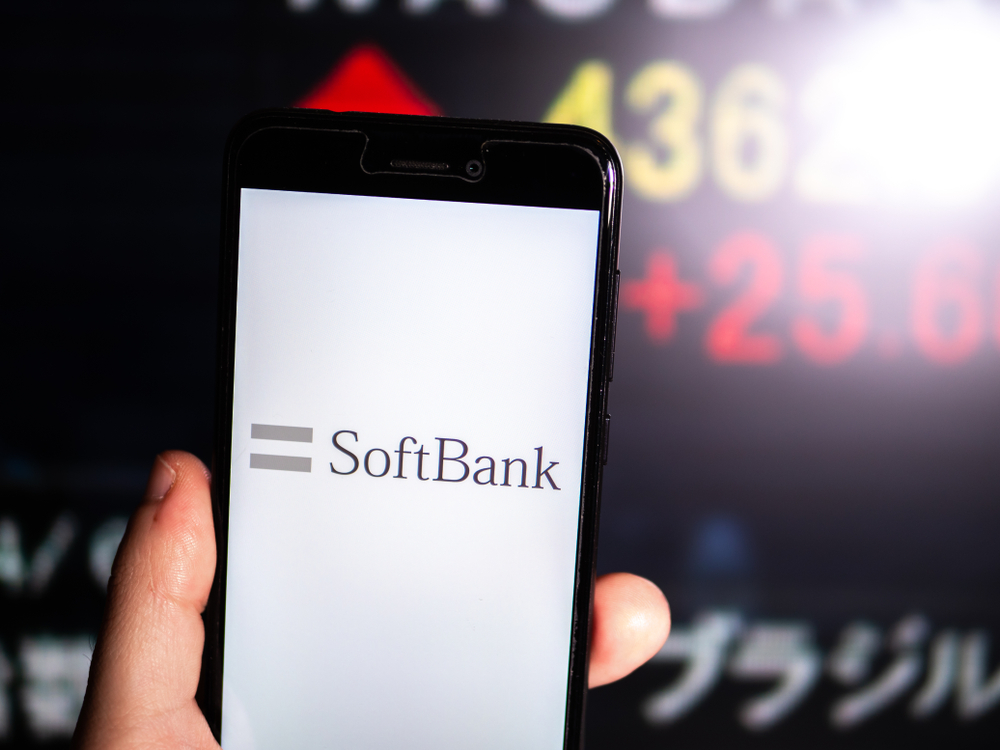
Few companies have quite invested in the future like SoftBank, a Japanese telecommunications company turned global tech investor.
In 2017, the conglomerate announced the SoftBank Vision Fund, a $100bn pot for investment in growth stage startups, with a particular focus on emerging tech giants in areas such as the internet of things, artificial intelligence, telecommunications and biotechnology.
Despite some bumps in the road, SoftBank now has links to some of the world’s most successful startups, from ride-hailing service Uber to China’s ByteDance, the company behind popular video creation platform TikTok, with the company set to score big when these startups IPO.
With SoftBank’s investment practices in the spotlight, Verdict looks at the businesses, industries and regions where the company has invested so far.
SoftBank Investments: These are the 103 companies that SoftBank has backed so far
SoftBank’s biggest investments
Despite reports suggesting that SoftBank will slash a proposed $16bn investment in WeWork this year, the company is still keen to put another $2bn into the loss-making shared-office space provider.
If that goes ahead, the Japanese company’s total investment in WeWork would stand at above $7.5bn, with SoftBank having already invested $5.8bn according to CBI Insights.
That is the third biggest investment that SoftBank has made in a single company so far, topped only by its investments in China’s Didi Chuxing and the United States’ Uber.
In total, SoftBank has invested more than $1bn in a total of 19 companies. This includes developed companies such as Coupang, South Korea’s answer to Amazon, leading mobile gaming company Supercell, which is behind titles such as Clash Royale and Clash of Clans, and Indian internet retailer Flipkart, which now generates billions of dollars in revenue each year.
The Japanese conglomerate has also invested heavily in American sports retailer Fanatics, dynamics glass manufacturer View and China’s healthcare management system Ping An.
The values of companies that SoftBank has invested heavily in range from the $72bn Uber down to the $2.2bn Brightstar. However, the Japanese company usually tends to invest in mid-stage startups, with an average value of $17.5bn.
3 Things That Will Change the World Today
The industries that SoftBank is betting on
The majority of SoftBank’s investments have been in internet and mobile services and applications, which account for 50 of the 104 investments made. These two sectors also make up $26.7bn of the $53bn invested by the company so far.
Despite the increased use of mobile devices over desktop computers or laptops, internet services came top, with 29 businesses and more than $15.5bn in investment. Likewise, 21 mobile apps & services businesses have received $11bn in investment.
These were the only two categories with more than $10bn invested. However, healthcare ($6.7bn), energy ($6.1bn), eCommerce ($4.4bn) and software ($2.2bn) have all received more than $2bn in investment.
Despite SoftBank putting more money into healthcare, it has invested in a smaller number of startups (5) than in the software (15) and eCommerce (9) segments.
Seemingly on the lookout for the next Uber or Didi Chuxing, many of the technology startups that SoftBank has invested in are in similar markets.
In fact, the automotive and transportation industries were the two with the most startups, with six each. This includes a $600m investment in China’s Kuaidi Dache car service app (which has since been acquired by Didi), a $2.4bn investment in Indian taxi hailing app Ola Cabs, and a $3bn investment in Singapore’s Grab, which combines ride-hailing, food delivery and payments solutions in one platform.
The Japanese company has also invested heavily in artificial intelligence, one of the emerging technologies expected to heavily disrupt traditional business practices, financial services and healthcare startups, as well as five online shopping marketplaces vying to take Amazon’s retail crown. These are South Korea’s Coupang, India’s Flipkart and Snapdeal, Indonesia’s Tokopedia and the United States’ Brandless.
In total, Verdict identified 42 different markets that SoftBank is not invested in. This included the cybersecurity, real estate, renewable energy, robotics, virtual reality, cryptocurrency, hotels, media and vertical farming markets.
Where has SoftBank invested most?
As is usually the case, the United States tops the list. More than half of all of SoftBank;s investments have been in startups based in the US, from $8.25bn invested in Uber down to $2.5m invested in augmented reality and virtual reality development platform Viro Media.
That will come as little surprise. A recent report by early stage investment firm Octopus Ventures found that 79% of global venture capital is invested in US-based companies. With Silicon Valley known as the home of technology, new startups flock to California to gain access to its talent pool and resources.
US-based companies have attracted 45.5% of SoftBank’s investment capital. However, this is still by far the company’s biggest market.
China is the company’s second biggest market, accounting for 21.3% of investment. That is despite sitting fourth for the number of companies invested in, with both Japan and India–based businesses more likely to receive investment.

